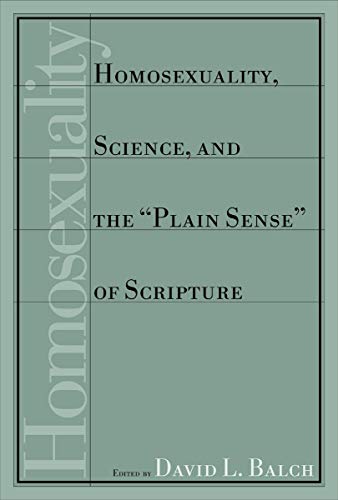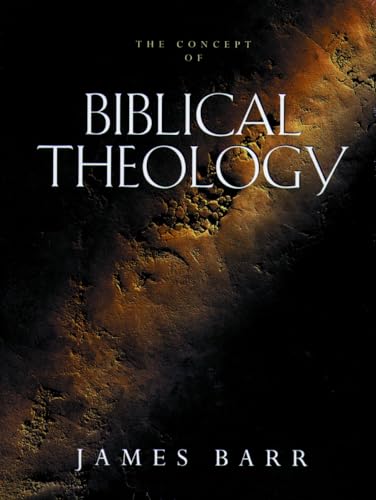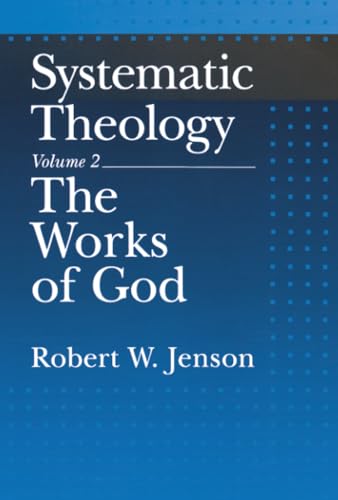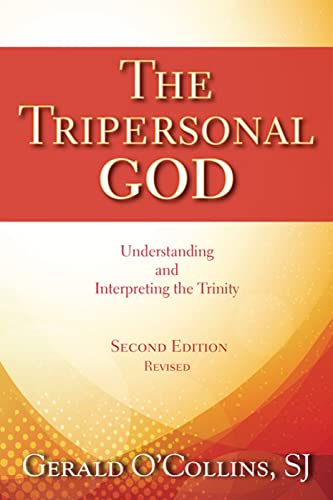Homosexuality, Science and ‘The Plain Sense of Scripture’
Written by David L Balch (Ed.) Reviewed By Timothy BradshawThis symposium arises from a meeting of pastors and theologians in Washington DC in 1993, at which we are told in the introduction, a vigorous discussion took place. The discussions resulted in these essays which contain a mixture of opinion and of expertise.
Mark Toulouse, a minister of the Church of the Disciples of Christ, makes a plea that the confrontational nature of the debate about homosexuality among Christians be modified. He thinks that the churches can but ‘muddle along’ as they are, and that there is in fact a ‘muddled middle’ in terms of church opinion.
This pastoral contribution Is followed by some seeking to follow a scientific path. William Schoedel takes a look at the history of medicine in the Greco-Roman era. His conclusion includes the comment that ‘we need to recognise that the Jewish and early Christian rejection of same-sex eros was but one aspect of a new conception of the family. The male could not now express his authority by penetrating at will not only a wife but also his male and female slaves or a young male favourite. Sexual politics were undergoing a deep sea-change. And a good deal can still be said in favour of the new model of the family that was emerging’. Schoedel finally calls for a recognition of gay couples having the status of families, without however any argumentation to justify the remark.
The one truly scientific essay in the collection, despite the title’s promise, comes from Stanton Jones and Mark Yarhouse who present a wealth of relevant research and seek to appraise it in the context the church debates. They show the immense complexity and inconclusiveness of the evidence, the politicised nature of the research process. They do not think that science can be said to support the ‘essentialist’ thesis, ‘it rather presumes it in the same way that political surveys assume that Republicans and Democrats are real categorisations.’ Hence science cannot validate ethical conclusions resting on the essentialist assumption, nor can it establish the ethical neutrality of homosexuality. Christine E. Gudorf, however, then disagrees with these authors. She offers much less evidence scientifically and moves on to consider biblical texts. She concludes that both homosexuals and heterosexuals sin, hence there is no difference between the two categories. Again the question whether this way of setting up the issue is begged, that is to say, ‘heterosexuals’ and ‘homosexuals’ are categorised as essentialist people groups, as might be blacks and Caucasians, vital reading here is Edward Stein’s new book The Mismeasure of Desire.
The rest of the book wrestles with biblical texts, Old and New Testaments. It is hard going for biblical scholars to persuade readers that either Testament endorses homosexual practice, and this comes through most of the contributions. Those favouring a liberal view depend upon the assumption made above, for example Nancy J. Duffs questions: ‘If this is true for heterosexual couples, why can it not be true for homosexuals?’, that is, not refraining from sexual penetration. This very categorisation has in effect foreclosed the discussion. But other essayists contest the liberal opinion, notably Christopher Seitz who keeps the question on the table.
Readers in the UK will miss any reference to contributions to this debate over here. No O’Donovan, no Stuart nor Vasey, no reference to the Lambeth Conference resolutions. Thiselton’s review of the biblical and hermeneutical debate leads the field, but is not mentioned. The fact that the symposium was in 1993 may explain this. This debate moves fast, however, and the reader feels that the liberal shells are aiming at a target that has moved on. We might do well to refer to the cautionary note struck by the St Andrew’s Day Statement: ‘Our sexual affections can no more define who we are than can our class, race or nationality. At the deepest ontological level, therefore, there is no such thing as ‘a’ homosexual or ‘a’ heterosexual: there are human beings, male and female, called to redeemed humanity in Christ, endowed with a complex variety of forms of alienation’. That helps to set the contested issue of categorisation in theological context, and prevents it foreclosing discussion as many seem to assume it can.
Timothy Bradshaw
Regents Park College, Oxford






